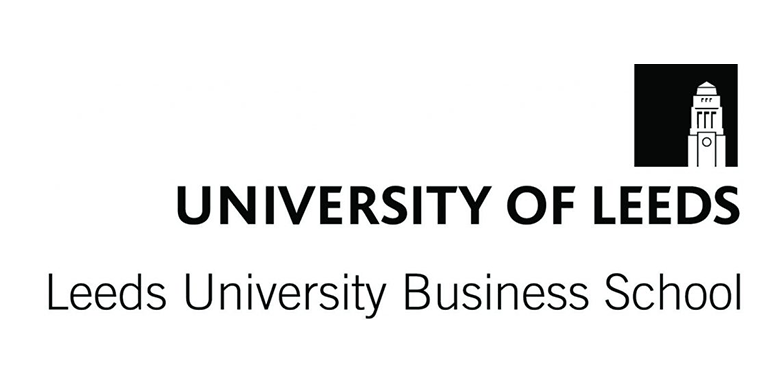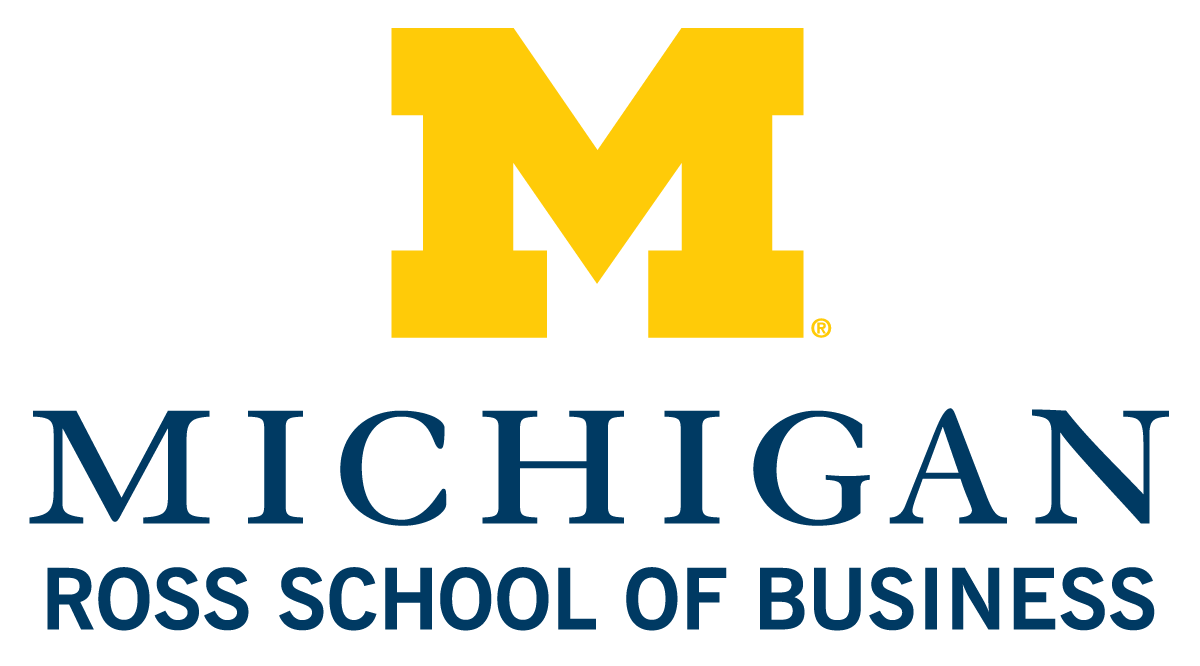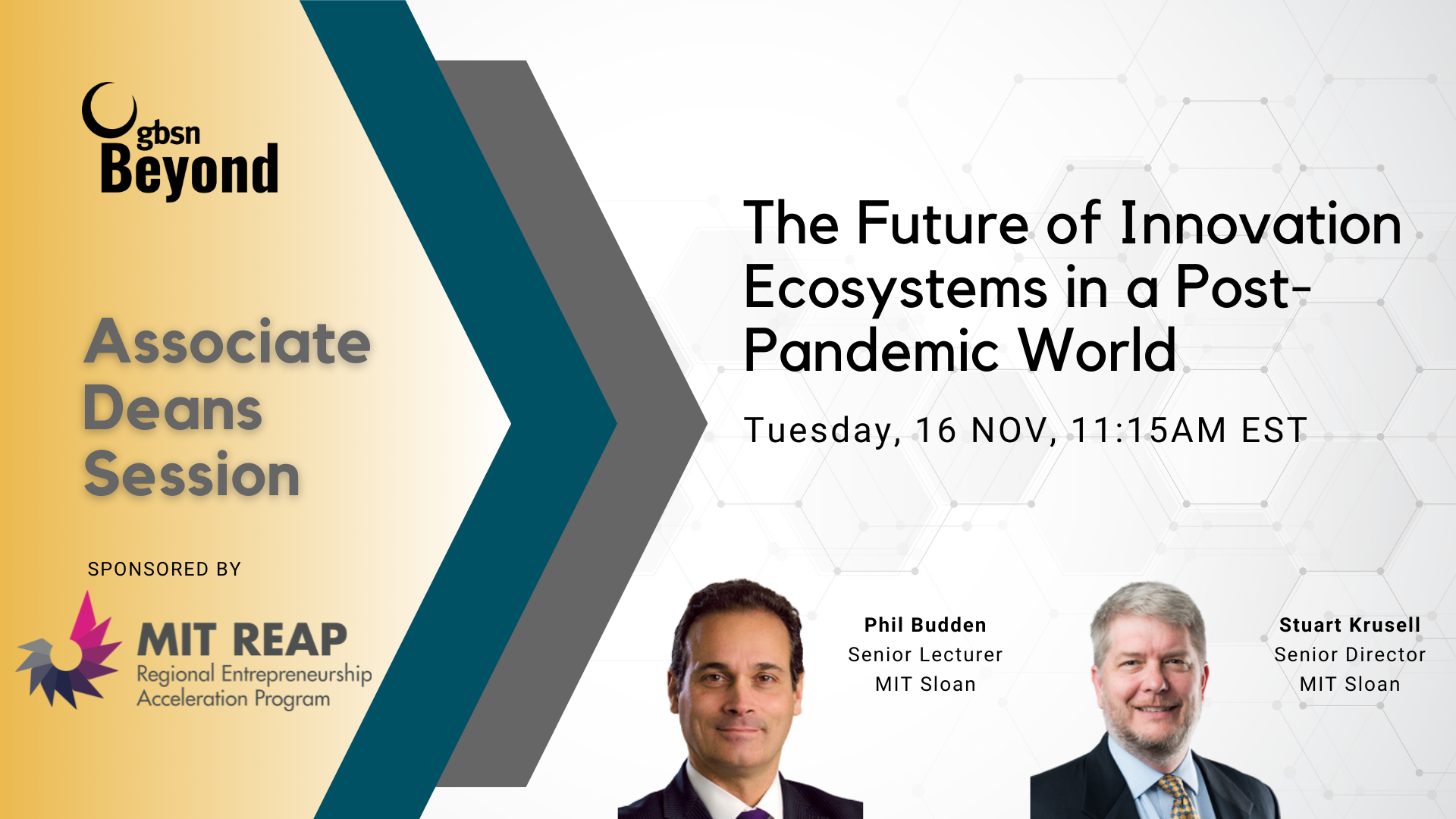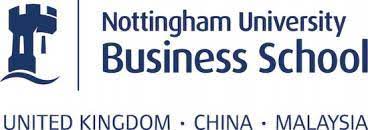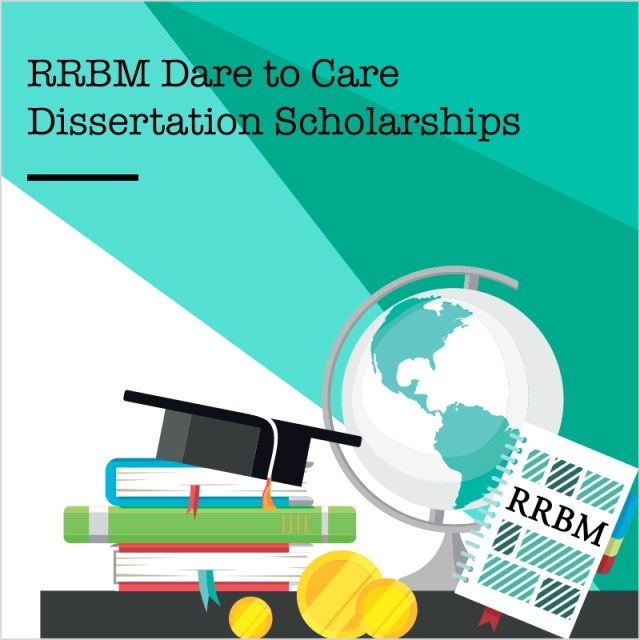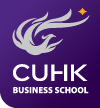The Food Standards Agency (FSA) recently commissioned an ethnographic study to observe real-life behaviour in domestic and business kitchens, as well as collecting data on consumers’ self-reported food safety behaviour through their Food and You 2 survey. This study is being conducted in collaboration with Dr Gulbanu Kaptan and Dr Joshua Weller from the Centre for Decision Research at Leeds University Business School (LUBS).

The FSA and LUBS have agreed to co-fund a PhD studentship to deliver secondary analysis of data collected through the above projects.
As a jointly-funded doctoral student, you will have the opportunity to conduct applied research that support the development of FSA policy recommendations. Additionally, you will benefit from a supportive environment led by experienced LUBS academics and FSA practitioners specialised in the fields of judgment and decision making, consumer behaviour, and food safety.
Full description
The University of Leeds is a research-intensive Russell Group university with extensive experience and success in PhD supervision.
The Centre for Decision Research in Leeds University Business School, where the doctoral student will be based, has a strong interdisciplinary focus that has led to research collaborations across a wide range of academic disciplines, with much work being applied and externally funded. Members of the Centre publish extensively in academic journals, edited books and practitioner journals, as well as presenting at major national and international conferences.
The FSA is an independent non-ministerial government department working across England, Wales and Northern Ireland to protect public health and consumer’s wider interests in food. The role of social researchers in FSA is to work collaboratively with colleagues across the Agency (and beyond) to ensure evidence and research are embedded in the recommendations for future policy and delivery options.
As a doctoral student, you will be supervised by Dr Gulbanu Kaptan and Dr Joshua Weller. Both academics have strong publication records and secured research funding from a number of UK and international funding agencies. Please see the links below to learn more about their research:
How to apply
Stage 1 – Apply for a place on the PhD programme
- First of all apply for a research programme of study by completing the application form.
- In order to be considered for the Studentship you must submit all the required supporting documents for your application for PhD study together with a ‘Locating Your Research’ form. On the Locating your Research form state that you are applying for the Leeds University Business School / Food Standards Agency PhD Studentship and that your supervisors will be Dr Gulbanu Kaptan and Dr Joshua Weller.
- Any study applications not accompanied by the documents requested by the Studentship deadline will not be considered for the award.
- There is no requirement to submit a research proposal, you will be asked about your ability to complete the project in the Studentship application form.
- An unsuccessful application for this Studentship does not exclude you from applying for other research study opportunities or scholarships offered by the University of Leeds.
Stage 2 – Apply for the Studentship
- Once you are in receipt of your 9 digit Student Application ID complete the Leeds University Business School / Food Standards Agency PhD Studentship application form by 5.00pm on Friday 19th November 2021.
- You will be required to provide two academic references in support of your studentship application. These must be received by the deadline.
- Interviews of shortlisted candidates will be held in the week commencing 29th November 2021.
If English is not your first language, you must provide evidence that you meet the University’s minimum English language requirements (below).
As an international research-intensive university, we welcome students from all walks of life and from across the world. We foster an inclusive environment where all can flourish and prosper, and we are proud of our strong commitment to student education. Within the Leeds University Business School we are dedicated to diversifying our community and we welcome the unique contributions that individuals can bring, and particularly encourage applications from, but not limited to Black, Asian, people who belong to a minority ethnic community, people who identify as LGBT+; and people with disabilities. Applicants will always be selected based on merit and ability.
Entry requirements
Candidates should ideally have a first-class or at least a good upper second-class undergraduate degree. In addition they should also hold a British Masters degree (or equivalent degree from an overseas university) or an equivalent professional qualification with a minimum average score of 70 (or the equivalent at a non-UK institution) at Masters degree level, but exceptional candidates with 65 and above will also be considered. Candidates from the disciplines of Psychology, Marketing, Management, Business Analytics, Food Sciences or closely allied disciplines are encouraged to apply. Note that a strong background in advanced statistics is desirable for this studentship.
English language requirements
The minimum English language entry requirement for research postgraduate research study in the Leeds University Business School is an IELTS of 7.0 overall with at least 6.0 in each component (reading, writing, listening and speaking) or equivalent. The test must be dated within two years of the start date of the course in order to be valid.
Funding on offer
Duration of the Award
Full-time (3 years). The award will be made for one year in the first instance and renewable for a further period of up to two years, subject to satisfactory academic progress;
Funding
The award will cover full fees at the University of Leeds standard rate of fees and a maintenance grant at the standard UKRI rate (£15,609 in Session 2021/22).
Other Conditions
- Applicants must not have already been awarded or be currently studying for a doctoral degree.
- Awards must be taken up by 1 February 2022.
- The awards are available for new Postgraduate Researchers undertaking full-time or part-time research study leading to the degree of PhD. Students who are already registered for PhD research study are excluded from applying.
- Applicants must live within a reasonable distance of the University of Leeds whilst in receipt of this Scholarship.
Contact details
For further information please contact the Graduate School Office
Email: phd@lubs.leeds.ac.uk


